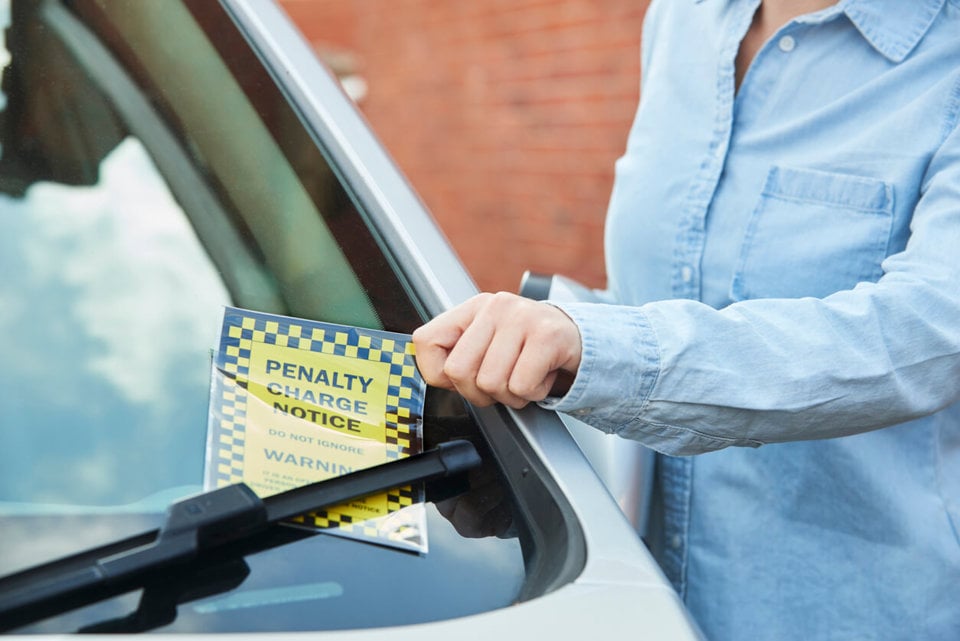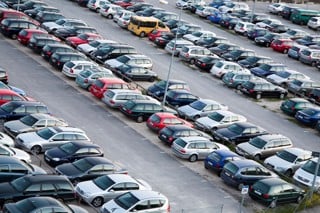More than a fifth (22%) of drivers has been fined or had their vehicle clamped or towed in the past two years because they were unable to understand the parking restrictions in that area, according to new research from Churchill Car Insurance.
The cost of such penalties varies significantly, but can range from £60 for a parking fine to thousands of pounds to recover an impounded vehicle.
In addition to costing drivers significant sums of money, the research also suggests that confusing parking restrictions may be deterring people from visiting their local town or city centre, with a third (33 per cent) of those questioned admitting they avoid parking in their local town or city centre for this very reason. Almost one in 10 (nine per cent) drivers avoids street parking in their own residential area because the parking restrictions are too confusing.
Almost half (48 per cent) of all motorists in the capital admit they avoid parking in the city centre – significantly more than any other region in the UK. The North West (35 per cent) and East of England (34 per cent) complete the top three.
|
Region |
% of motorists that avoid parking in their local town or city |
|
1. London |
48% |
|
2. North West |
35% |
|
3. East of England |
34% |
|
4. South East |
32% |
|
5. West Midlands |
31% |
|
6. Scotland |
30% |
|
7. South West |
30% |
|
8. Yorkshire & Humber |
30% |
|
9. East Midlands |
28% |
|
10. North East |
28% |
|
11. Wales |
26% |
|
UK average |
33% |
The study also found that 41 per cent of motorists thought parking signs in their local area were confusing. Over a quarter of drivers (28 per cent) say some areas near their home have multiple restrictions in place on the same street. Almost a third (32 per cent) feels that some signs in their local authority do not clearly indicate which area they refer to.
Steve Barrett, head of Churchill Car Insurance, said: “It’s the driver’s responsibility to check which parking restrictions are in operation in a particular area. However, when there are multiple restrictions in operation on a single street, it can result in motorists being confused and unintentionally parking illegally, incurring fines that could have been avoided.
“The best advice is to be as vigilant for signs as possible and never assume if you’re unsure. If drivers are still unsure, they should avoid parking in the area and report the sign to the local council. If you do receive a ticket or penalty you think is unfair, take photographs of where your car is parked and of the parking signs in the vicinity to help build your case for appeal.”



















simonbowman3947 - 27/06/2014 12:51
I have read a comment that introducing a salary sacrifice scheme will reduce the risk on the grey fleet as drivers are drawn to the scheme. From experience this is not the case. Of all the active cars we have through salary sacrifice not one has ever claimed business miles. Indeed, three members of staff have cancelled their salary sacrifice request as it would impact on the mileage rate they will be paid as the car is treated as a company car and paid at public transport rate and not regular user rates. With the changes in public sector pensions from next year, a car sourced through a salary sacrifice scheme will be even less appealing than it is now!